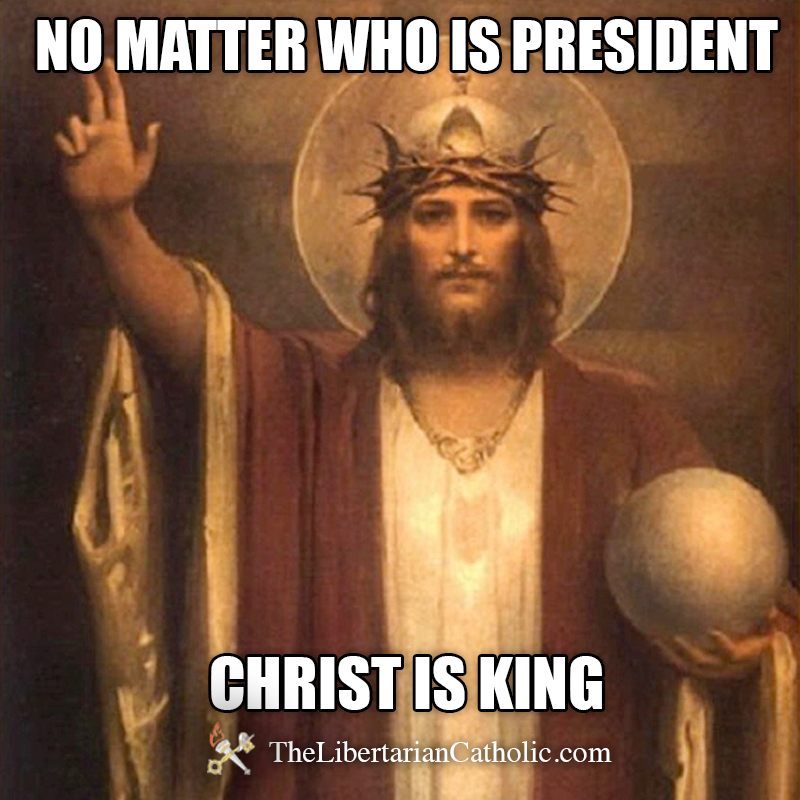The Solemnity of Our Lord Jesus Christ, King of the Universe, commonly referred to as the Feast of Christ the King, is a relatively recent addition to the Western liturgical calendar, having been instituted in 1925 by Pope Pius XI for the Roman Catholic Church. In 1970 its Roman Catholic observance was moved to the final Sunday of Ordinary Time. Therefore, the earliest date on which it can occur is 20 November and the latest is 27 November. The Anglican, Lutheran, and many other Protestant churches adopted it along with the Revised Common Lectionary. It is also observed on the same computed date as the final Sunday of the ecclesiastical year, the Sunday before the First Sunday of Advent, by Western rite parishes of the Russian Orthodox Church Outside of Russia. Roman Catholics adhering to the Extraordinary Form of the Roman Rite as permitted under the motu proprio Summorum Pontificum use the General Roman Calendar of 1960, and as such continue to observe the Solemnity on its original date of the final Sunday of October.
Pope Pius XI instituted the Feast of Christ the King in his encyclical letter Quas primas of 1925, in response to growing nationalism and secularism[2] and in the context of the unresolved Roman Question.
The title of the feast was “Domini Nostri Jesu Christi Regis” (Our Lord Jesus Christ the King), and the date was established as “the last Sunday of the month of October – the Sunday, that is, which immediately precedes the Feast of All Saints”. In Pope St. John XXIII’s revision of the Calendar in 1960, the date and title were unchanged but, according to the simplification of the ranking of feasts, it was classified as a feast of the first class.
In his motu proprio Mysterii Paschalis of 1969, Bl. Pope Paul VI amended the title of the Feast to “D. N. Iesu Christi universorum Regis” (Our Lord Jesus Christ King of the Universe). He also moved it to the new date of the final Sunday of the liturgical year, before the commencement of a new liturgical year on the First Sunday of Advent (the earliest date for which is 27 November). Through this choice of date “the eschatological importance of this Sunday is made clearer”. He assigned to it the highest rank of “solemnity”.
As happens with all Sundays whose liturgies are replaced by those of important feasts, The prayers of the Sunday on which the celebration of the Solemnity of Christ the King occurs are used on the ferias (weekdays) of the following week. The Sunday liturgy is thus not totally omitted.
In 2016, the Solemnity day falls on 20 November (or 30 October for those using the traditional calendar). The liturgical vestments for the day are colored white or gold, in keeping with other joyous feasts honoring Christ.
 The Libertarian Catholic
The Libertarian Catholic
















